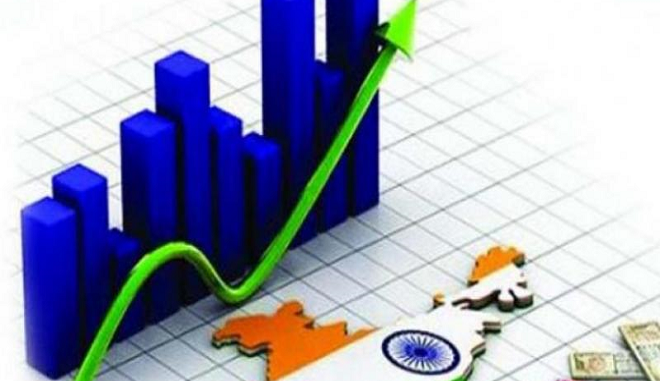Sustainable Development Education is an emerging discipline. Premier procedure to achieve such objective is to develop one comprehensive and inclusive education system for a sustainable future. Sanjay Dalmia, the well-known industrialist, deems Sustainable Development Education as one of the most inventive fields of education which profusely links a child’s overall development to the upcoming challenges of the society at all levels.
Education for Sustainable Development entails inclusion of key sustainable development issues into teaching and learning; such as climate change, disaster risk reduction, biodiversity, poverty reduction, and sustainable consumption.
A number of recent reports on climate change (e.g. melting of glaciers, deforestation, rising temperature) invariably highlight the insensitivity of humans towards the nature.
Education for Sustainable Development would assist children in becoming more aware, sensitive and respectful towards the environment thereby mitigating any type of harm in the future. However, it becomes imperative for all the citizens to understand that economic development and concern for the environment go hand in hand.

Often, a number of children in different parts of the world grow up in environment that is perilous. The major reason for imparting such education is to empower these children, making them aware about the issues threatening planetary sustainability.
Education for Sustainable Development encourages a number of skills such as critical thinking, imagining future scenarios and making decisions in a collaborative way. This way, children are encouraged to cultivate several ideas and think for the future development.
It’s thoroughly contrasting to rote learning where the curriculum doesn’t pay any heed to the empirical situations, explains Mr Dalmia. Hence by devising sustainable development education system, we can develop understanding of the concepts which wouldn’t be confined just to school curriculum but would also incorporate empirical situations.
Hence, “Education for Sustainable Development” requires far-reaching changes in the way education is often practiced today.
As per the Sustainable Development Education Panel Report, 1998,
“ESD is about the learning needed to maintain and improve our quality of life and the quality of life of generations to come … ESD enables people to develop the knowledge, values and skills to participate in decisions about the way we do things individually and collectively, both locally and globally, that will improve the quality of life now without damaging the planet for the future.”
Pedagogical approach of Schools towards Sustainable Development Education
Right to Education Act (RTE) describes the modalities of the importance of free and compulsory education for children between 6 and 14 in India under Article 21A of the Indian Constitution.
Therefore, it is essential for the schools to redesign their curriculum considering the need of the hour. Facilitating sustainable development education at basic levels will help the schools nurture responsible citizens of the nation, says Mr. Sanjay Dalmia.
Moreover, it is a proven fact that children have a great knack for adapting new objective (language, skill, etc.). Hence implementation of sustainable education system becomes quite vital and paramount.


